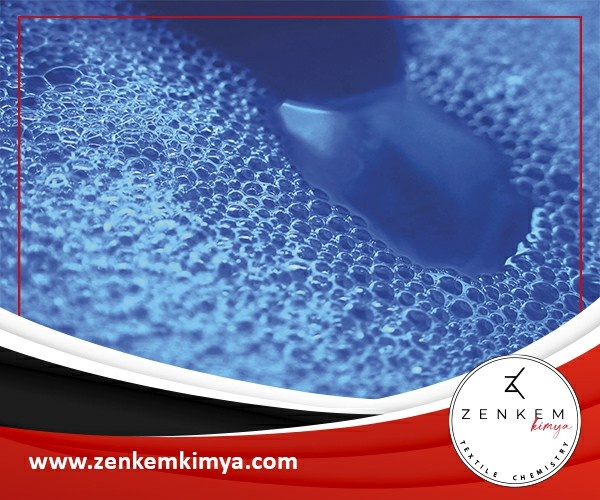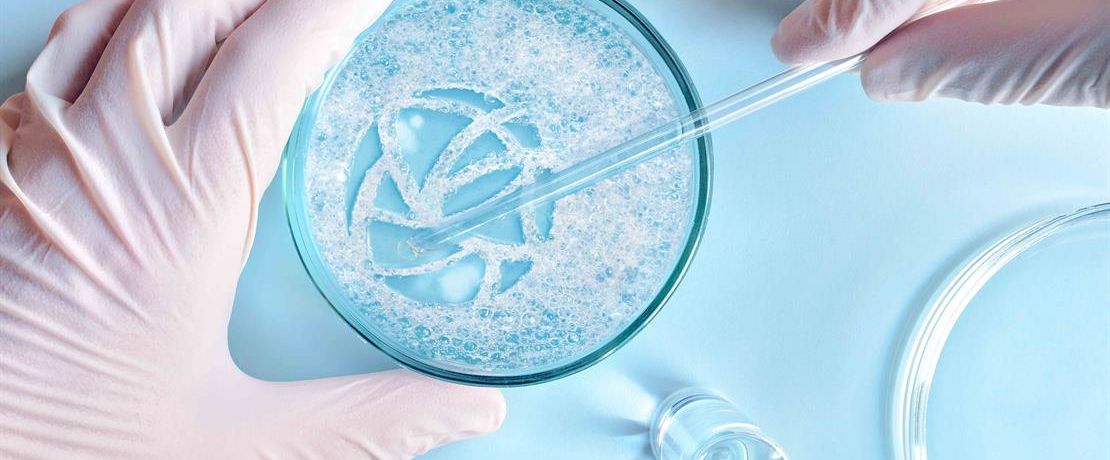Benefits of Using Defoamers to Enhance Operational Efficiency
Benefits of Using Defoamers to Enhance Operational Efficiency
Blog Article
The Duty of Defoamers in Enhancing Item High Quality and Performance
In numerous producing processes, the presence of foam can significantly prevent item quality and functional performance. Defoamers offer as vital additives that minimize this concern, guaranteeing smoother manufacturing process while enhancing the visual and practical attributes of the final items (defoamers). Their application spans a wide range of sectors, from food and beverage to drugs, where consistency and integrity are vital. However, the selection of the appropriate defoamer can be important to attaining optimal outcomes, increasing essential inquiries concerning formula compatibility and efficiency metrics that merit more expedition.
Understanding Defoamers
Recognizing the duty of defoamers is essential for keeping product high quality across numerous industries. Defoamers are chemical additives created to prevent the formation and lower of foam in fluid systems, which can negatively affect procedures such as mixing, filling, and surface area stress. Frothing can bring about inefficiencies, item issues, and compromised aesthetic charm, making defoamers a critical element in making operations.
In commercial applications, defoamers assist to enhance item consistency and stability. For instance, in the paint and coatings market, foam can disrupt the application procedure and the final coating. In a similar way, in food and beverage production, excessive foam can hinder bottling and product packaging performance (defoamers). The effective use of defoamers not only ensures smoother manufacturing processes yet likewise adds to premium product performance.
Additionally, the selection and formulation of a defoamer need to align with specific application demands, such as compatibility with various other components, efficiency under differing temperature and pH conditions, and possible regulatory constraints. Eventually, comprehending defoamers' features and their significance in numerous formulas is vital for optimizing production and ensuring the finest quality final result.
Kinds Of Defoamers
Defoamers can be categorized right into numerous kinds based upon their structure and system of action. The main types include silicone-based, non-silicone natural, and not natural defoamers.
Silicone-based defoamers are among one of the most effective, mainly due to their capacity to spread swiftly on the liquid surface and disrupt foam development. Their special chemical structure enables premium security, making them ideal for high-temperature applications and environments with varying pH levels.
Non-silicone organic defoamers, usually made up of fatty acids or natural oils, are valued for their biodegradability and reduced toxicity. These are normally made use of in food and drink applications where safety and ecological influence are vital.
Inorganic defoamers, that include substances like talc or calcium carbonate, act by increasing the density of the liquid, consequently reducing foam security. They are typically used in industrial processes where compatibility with other materials is not a problem.
Each kind of defoamer has unique advantages and restrictions, enabling tailored options relying on the specific lathering concerns encountered in various applications. Recognizing these distinctions is important for maximizing efficiency and accomplishing desired item high quality.
Applications Across Industries
Various industries utilize defoamers to boost product quality and functional effectiveness. In the food and beverage field, defoamers are critical in procedures such as brewing and milk manufacturing to avoid foam development, which can result in ineffectiveness and product incongruity. By managing foam, producers can ensure better return and a more consistent product.
In the pharmaceutical market, defoamers play an important duty in the formula of fluid medicines, where extreme foam can hinder blending and precise application. Their use assists maintain the honesty of the formulations and promotes news smoother production procedures.
The paint and finishings industry likewise depends on defoamers to improve the performance of products throughout application. By minimizing foam, these additives make certain a smoother finish and improve the visual high qualities of the last item.

Benefits of Utilizing Defoamers
While the application of defoamers varies across industries, their benefits constantly improve product high quality and process efficiency. One considerable benefit is the reduction of foam formation during manufacturing processes, which can otherwise lead to manufacturing hold-ups and inconsistencies in item top quality. By lessening foam, defoamers allow a smoother flow of products, facilitating a lot more efficient procedures and decreasing the chance of devices breakdowns.
Furthermore, the use of defoamers can improve the appearance and appearance of end products. In markets such as layers, paints, and food handling, excessive foam can endanger the aesthetic looks and general quality, while the ideal defoamer application guarantees an uniform surface and desirable features. Defoamers can contribute to set you back savings by reducing waste during production and enhancing the use of raw products.

Selecting the Right Defoamer
Choosing the ideal defoamer is vital for maximizing manufacturing procedures and making sure item top quality. The selection of defoamer affects not just the performance of foam control yet likewise the general efficiency qualities of the end product. Factors to consider include the type of application, the chemistry of the formulation, and the environmental problems under which the item will be made use of.
Various sectors might need particular defoamer types, such as silicone-based, natural, or polymeric defoamers. Recognizing the compatibility of the defoamer with the key components is crucial to prevent adverse responses that can jeopardize product honesty. Furthermore, the defoamer's effectiveness in various temperatures and pH degrees need to be examined to ensure regular basics efficiency.
Examining the defoamer in small applications can provide useful understandings right into its performance and viability. Consideration of regulatory conformity, specifically in food, drugs, and cosmetics, is extremely important in selecting a defoamer. Eventually, a comprehensive analysis of these elements will certainly bring about the selection of a defoamer that not only regulates foam effectively yet also improves the quality and efficiency of the end product.
Conclusion

In verdict, defoamers are necessary ingredients that substantially boost product high quality and performance throughout numerous industries. By efficiently minimizing foam development, these agents not just boost functional performance but also add to the visual and useful integrity of products. The critical selection and application of defoamers result in cost savings, enhanced source usage, and boosted customer fulfillment. Generally, the relevance of defoamers in commercial procedures can not be overstated, as they play a crucial function in accomplishing top notch and regular end results.
Foaming can lead to inefficiencies, product issues, and jeopardized aesthetic allure, making defoamers a crucial component in producing procedures.

Report this page